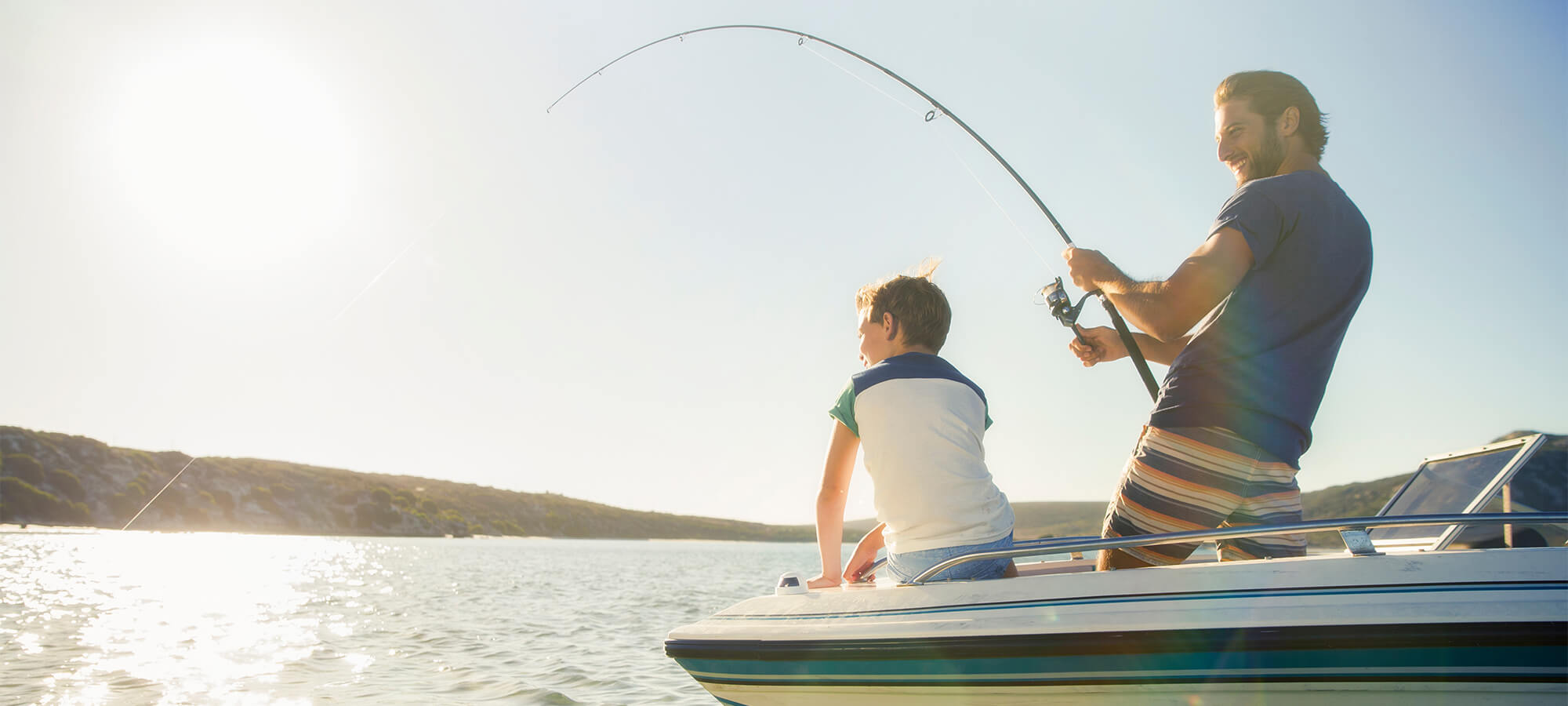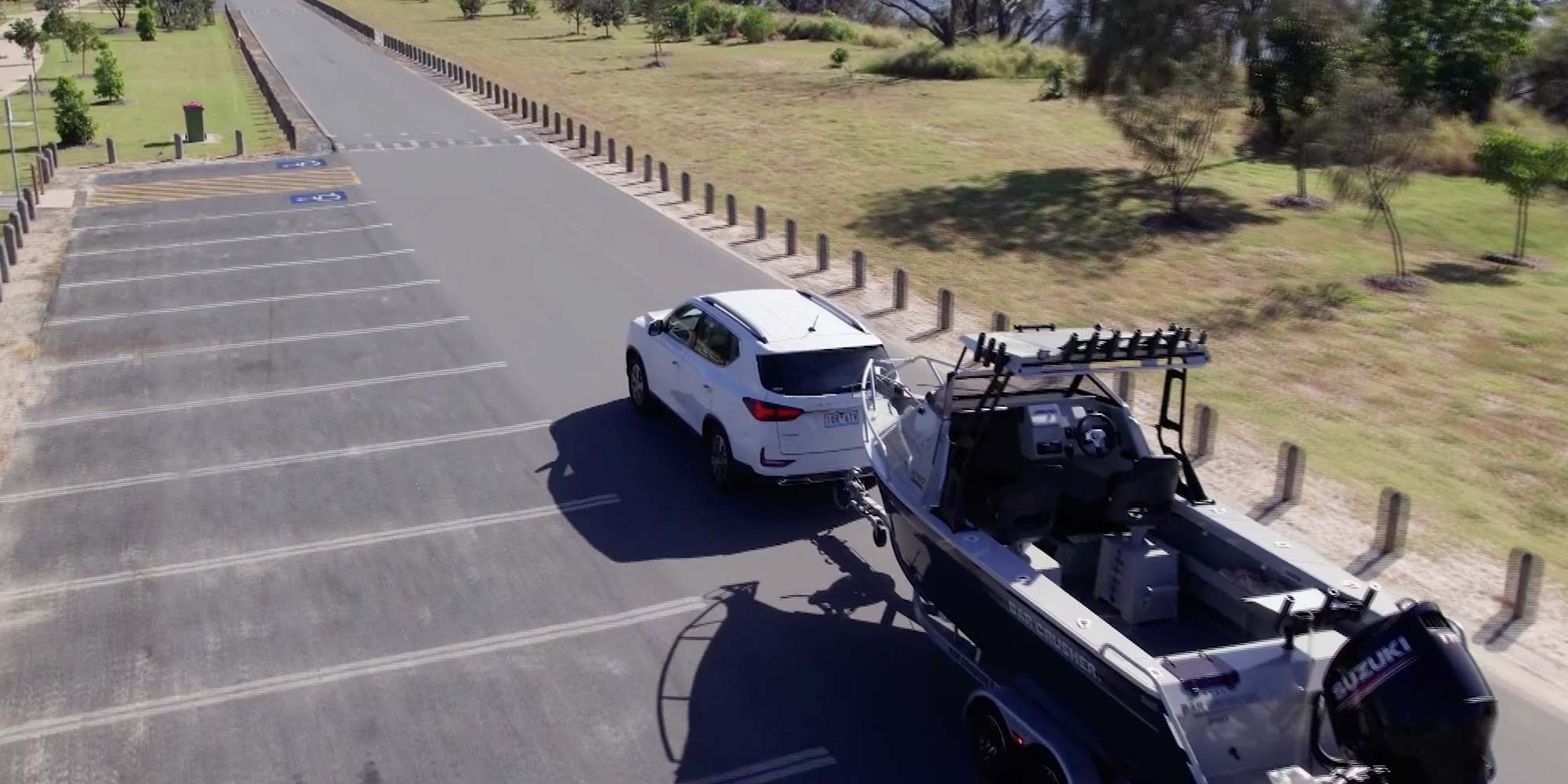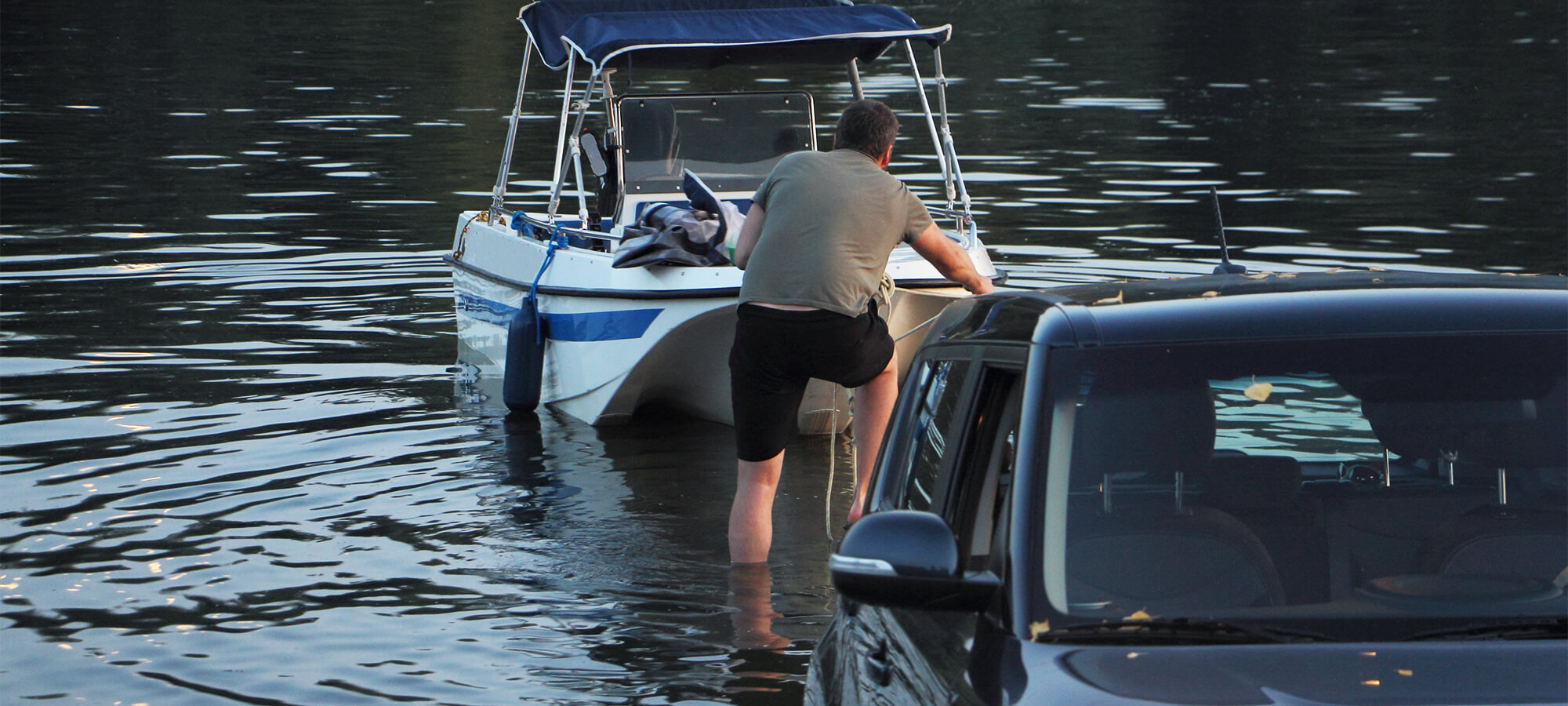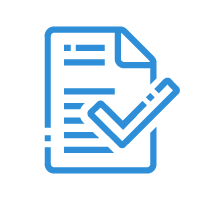Tips for first-time boaters
The SsangYong Musso and Rexton have a class leading towing capacity, and many of our customers either own a boat or have the option of buying a boat now that they have a very capable tow vehicle.
Those new to the boating world may feel overwhelmed at times.
We’ve compiled this list of the best boating tips for beginners to help you get on the water, and stay on the water, quickly and safely.
Here are our top tips for first-time boaters:

Safety First
For obvious reasons, safety equipment is non-negotiable when navigating Australian waterways. Life jackets for all passengers, suitable flares, fire extinguishers, an emergency position-indicating radio beacon (EPIRB), and distress signals are must-haves on board. Regularly check the condition and expiration dates of these items to ensure they function properly in emergencies. And always be sure to follow all your local and state rules, regulations and guidelines.
Pick out life jackets that are comfortable and fit properly, particularly important for your youngest crew members. It’s also important to choose a life jacket that suits what you’re doing and where.
If you do have a marine emergency contact the Coast Guard by calling ‘000’.
Check the Weather
Australian waters can experience rapidly changing weather patterns, so monitoring weather forecasts is essential before setting out. Be aware of wind, tide, and current conditions that could affect your journey. Sudden storms and strong winds can pose risks, so always prioritise safety and be prepared to change your plans if needed.
The Bureau of Meteorology in your local state has marine wind maps, tide predictions and more.
Get to Know the Area
Familiarise yourself with the specific boating rules and regulations that apply to the waterways you plan to navigate. Speed limits, navigational aids, and right-of-way rules are crucial for ensuring safe interactions with other vessels and avoiding collisions.
If you’re heading off somewhere new, allow extra time to familiarise yourself with the area. Even better, pop into the pub or fish and chip shop and ask a local.

Inspect your Boat
Before you depart the dock, it’s vital to ensure that your boat is in good nick. Regularly inspect your boat for signs of wear and tear, including hull integrity, engine performance, steering mechanisms, and navigation equipment. Proper maintenance and repairs are crucial to prevent breakdowns and accidents while on the water.
Make a Float Plan
Before departing, inform a reliable person about your trip’s details, including your planned route, departure and return times. Make sure you include a description of the vessel, number of people onboard and everyone’s emergency contacts.
This ‘float plan’ ensures that someone ashore is aware of your whereabouts and can take action if you encounter difficulties.
Keep Your Essentials Dry
A common misconception for first-time boaters is that everything stowed on board will remain dry. In rough weather conditions or even on mild days, things often get wet. Before heading out on the water, place things like mobile phones, keys and wallets in a waterproof bag or reliable ziplock pouch to prevent water damage.
Always Overdress
The temperature on land is often much different than the temperature on the water, and if the weather suddenly shifts the temperature can rise or drop significantly in a short amount of time. Make sure you wear that extra jacket – you can always peel off extra clothing later!

Learn How to Adjust the Trim
The ‘trim’ system uses hydraulic rams to change the angle of the outboard motor, controlled with a toggle button on the control lever or the dash. Trimming will change how the hull meets the waves, can affect speed and manoeuvrability, and can make the ride a lot more (or less) comfortable.
Many new boaters forget all about trimming, as the boat seems to be running ‘just fine’. When you get your boat up and running, play with the trim a bit to find the boat’s ‘sweet spot.’
Slow Down for Waves
After hopping over a few small waves, many new boaters leave the throttle open for larger and larger ones. Remember that wave impacts are often worse for the passengers than they are for the captain, who is more likely to see the wave coming and be prepared for the impact.
Hitting larger waves can not only hurt your crew, but can even knock them overboard. The solution is quite simple: pull back on the throttle before the boat hits big waves.
Launching and Retrieving
Getting your boat successfully on and off the water can be stressful for those new to boating. Remember to take it slow as the only way to get better is with experience.
Preparing your boat in the carpark before launching is one way to reduce your time on boat ramp. Check that your boat is loaded, your crew is ready and make sure the bungs are in! It’s also a good idea to tie ie a rope or strap to the bow of the vessel so that you can control it as it comes off the trailer.
When retrieving, organise berthing lines and fenders and make sure someone looks after the vessel while you get the trailer. If you’re the only adult on board, make sure the boat is tied securely to the dock and the kids are out.
A common mistake is reversing too far down the boat ramp to retrieve your boat. Take it slow and remember to check the condition of the ramp and the tide. Some ramps are difficult or not suitable at low tide and your trailer might be in a very different position to when you launched it.

Start with Short Trips
Ease into the boating lifestyle with short trips that don’t take you too far afield. You don’t need to start off with a long-distance cruise or an overnight camping adventure straight away. Most people will be best off if they build up to bigger trips by starting with smaller, shorter ones that help build confidence.
You’ll quickly figure out what gear is best to keep on hand, how to respond to different situations that may arise out on the water, and how long the crew enjoys different activities before a change of pace is due.
Do a Training Course
Even though you have your boat license, there are various other boating safety courses available that cover essential skills such as navigation, radio and first aid courses. These will enhance your confidence and competence on the water. Check out providers in your local area or search the Coast Guard website.
Whether you're exploring serene lakes, cruising along picturesque coastlines, or casting a line for the catch of the day, your first boating experience marks the beginning of an exciting new chapter. Remember that while it's normal to feel a mix of excitement and apprehension, a little knowledge and preparation can go a long way.
So, embrace the learning process, respect the waters, and enjoy the freedom that comes with being a boater. Here's to smooth sailing and countless memorable journeys ahead!













